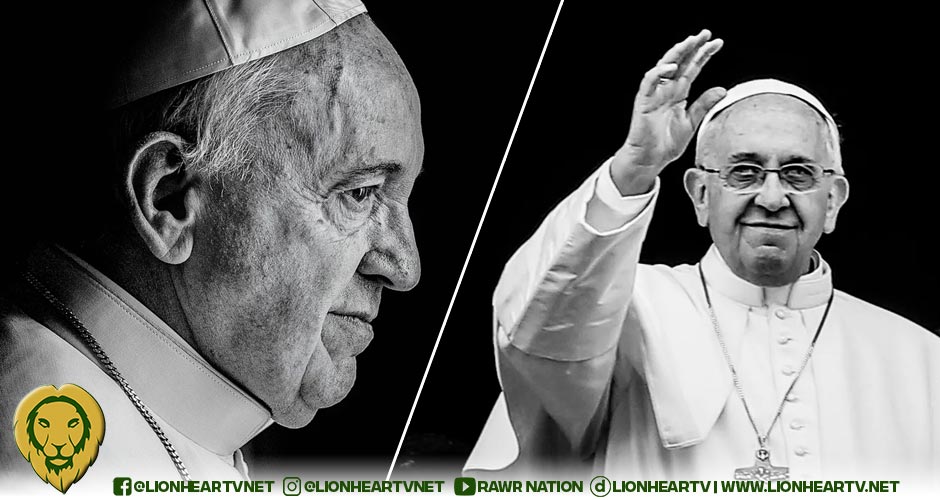Pope Francis, the first Latin American and Jesuit pontiff who led the Roman Catholic Church for over a decade with a message of humility, inclusion, and justice, has died at the age of 88.

The Vatican announced his death early Monday morning. “At 7:35 this morning, the Bishop of Rome, Francis, returned to the home of the Father,” said Cardinal Kevin Farrell, the Vatican camerlengo, during a somber statement from the Domus Santa Marta, the Vatican guesthouse where the pope lived.
Church bells tolled across Rome as news of his passing spread. Thousands gathered in St. Peter’s Square to mourn the man who redefined the modern papacy.
Despite his declining health, Francis made a final public appearance on Easter Sunday, blessing a crowd from the same St. Peter’s Basilica balcony where he was introduced to the world in 2013. The pope had spent 38 days in Gemelli Hospital earlier this year due to complications from double pneumonia.
Doctors confirmed he passed away peacefully and noted that while respiratory issues contributed to his hospitalizations, the cause of death was not immediately linked to those complications.
Born Jorge Mario Bergoglio in Buenos Aires, Argentina, Pope Francis made history as:
- The first pope from the Americas
- The first Jesuit pope
- The first to take the name “Francis” in honor of St. Francis of Assisi
- The first pope to reside in the Casa Santa Marta instead of the Apostolic Palace
His papacy was marked by a series of “firsts” in doctrine, diplomacy, and outreach. He visited war-torn Iraq, forged dialogue with Muslim leaders, made historic inroads with the Russian Orthodox Church, and signed a landmark agreement with China on bishop appointments.
Francis sought to bring the Church closer to the people, embracing marginalized communities and shifting focus toward compassion and social justice. His progressive views on climate change, the economy, and LGBTQ+ inclusion won praise globally but alienated some conservative factions within the Church.
He changed Church teaching to oppose the death penalty under all circumstances, allowed priests to bless same-sex couples, and expanded roles for women in the Vatican.
However, his papacy was not without controversy. His initial mishandling of sexual abuse cases in Chile led to a public apology and sweeping reforms. He faced fierce resistance from traditionalists, some of whom labeled him a heretic for his openness to dialogue on divisive issues such as divorce, annulment, and same-sex civil unions.
World leaders and faith communities offered condolences and tributes. The Vatican postponed the scheduled canonization of millennial Carlo Acutis as the nine-day mourning period began.
Sports events in Italy were canceled. In Rome, all public events were suspended. Flags flew at half-staff around the world.
The Vatican confirmed that the first official liturgical rite will take place Monday evening in the Domus Santa Marta chapel. The pope’s body will then lie in state in St. Peter’s Basilica for public viewing, followed by a formal funeral and a conclave to elect the next pope.
Francis was the second-oldest serving pope in history and led the Church for nearly 12 years—longer than most pontiffs in recent decades.
Pope Francis’ legacy is one of paradox: revolutionary yet traditional, deeply pastoral yet politically provocative. His approach re-centered the Church’s message on mercy, humility, and solidarity with the poor.
His call to be “a Church of the poor, for the poor” resonated around the world, from refugee camps to the halls of power. He often reminded the faithful that “money must serve, not rule,” and encouraged the Church to act as “a field hospital after battle.”

